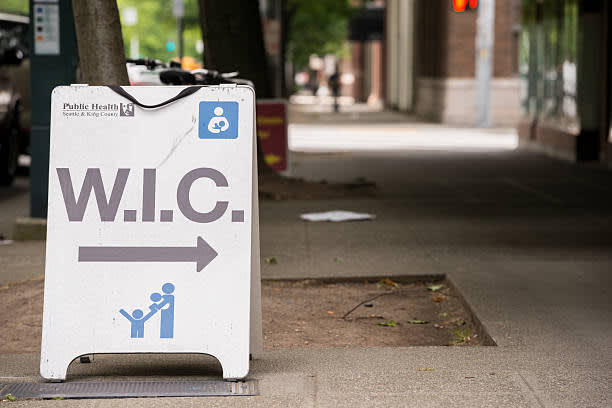
Special Supplemental Nutrition Program for Women, Infants, and Children (WIC)
Want to apply for WIC? Check your eligibility? Click below
We acknowledge that terms like “women,” “mothers,” and “breastfeeding” may exclude non-binary people who choose to chestfeed their babies. However, for ease of understanding, we will use the terminology currently adopted by U.S. government agencies.
What is WIC?
The Special Supplemental Nutrition Program for Women, Infants, and Children (WIC) provides supplemental foods, healthcare referrals, and nutrition education for low-income:
- Pregnant and breastfeeding women
- Non-breastfeeding postpartum women
- Infants and children up to age 5
WIC’s goal is to safeguard the health of these demographics who are at nutritional risk by providing resources for a healthy diet.
How does WIC work?
Each month, WIC participants receive checks or vouchers to purchase specific food items. These food plans are designed to benefit WIC’s particular population. Some states issue Electronic Benefit (EBT) cards as well.
WIC foods include:
- Infant cereal and iron-fortified adult cereal
- Vitamin C-rich fruit or vegetable juice
- Eggs, milk, and cheese
- Peanut butter
- Dried and canned beans/peas
- Canned fish
- Soy-based beverages
- Tofu
- Fruits and vegetables
- Baby food
- Whole-wheat bread and more whole-grain options
For women who do not fully breastfeed, WIC provides iron-fortified infant formula.
Learn more details on the WIC food packages here.
How do I apply for WIC?
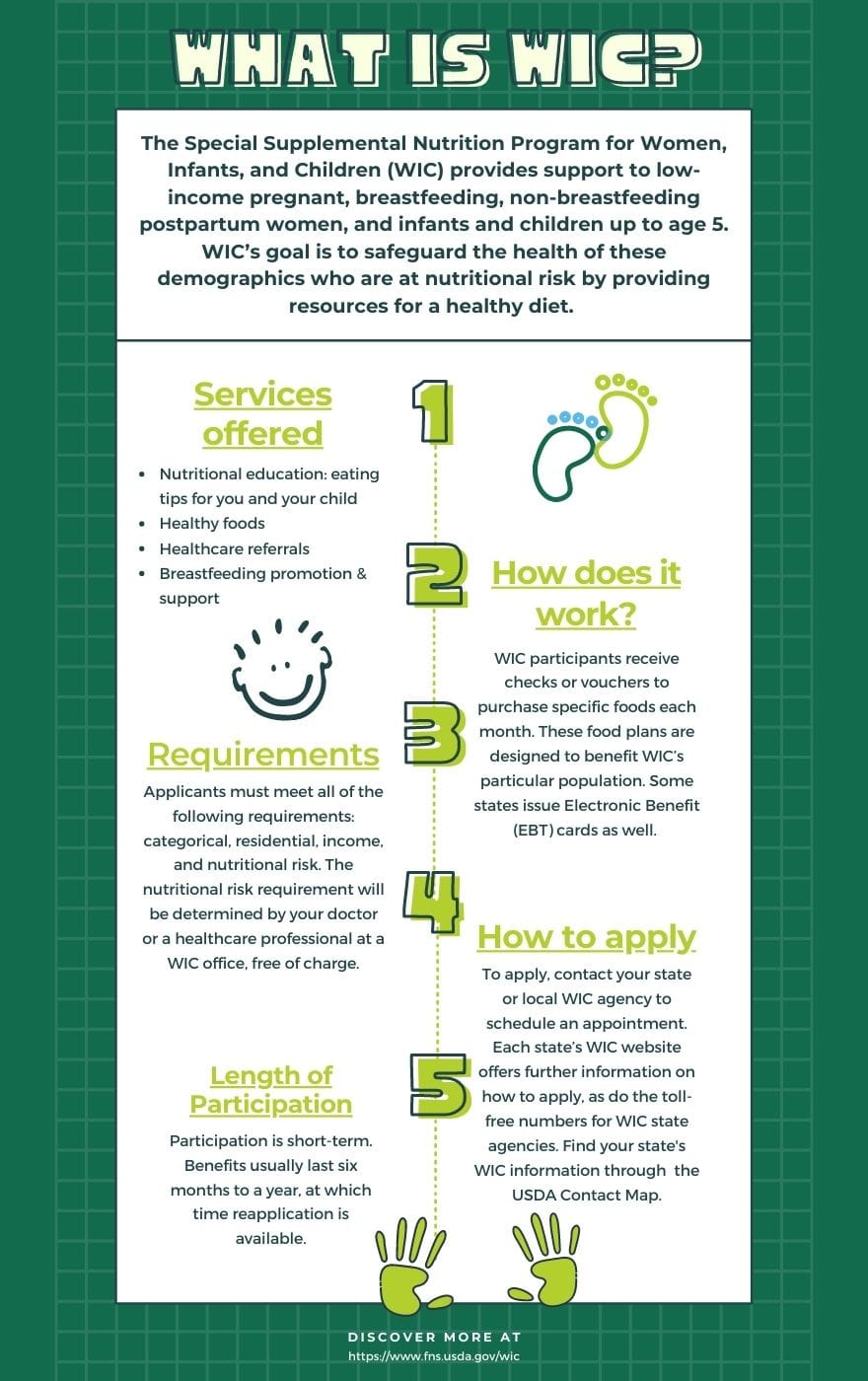
Applicants must meet the following requirements: categorical, residential, income, and nutritional risk.
- The nutritional risk requirement will be determined by your doctor or a healthcare professional at a WIC office, free of charge. This pre-screening tool can help to determine your eligibility.
- Eligibility and benefits for WIC vary between states. To apply, contact your state or local WIC agency to schedule an appointment. Each state’s WIC website offers further information on how to apply, as do the toll-free numbers for WIC state agencies.
- Participation is short-term. A participating household will “graduate” at the end of the certification period–the length of time a WIC participant can receive benefits. Benefits usually last six months to a year, at which time reapplication is available.
- WIC agencies keep a waiting list if they do not have enough money to serve all of their applicants. A priority system is set in place to determine who is in the most need of assistance.
Have questions? Learn more.
MOST POPULAR
-
 Strengthening Local Pantries, One School at a TimeOur Nourishing Neighbors team recently delivered donations to three Idaho school pantries—Capital High School in Boise, East read more... Share Your Story
Strengthening Local Pantries, One School at a TimeOur Nourishing Neighbors team recently delivered donations to three Idaho school pantries—Capital High School in Boise, East read more... Share Your Story -
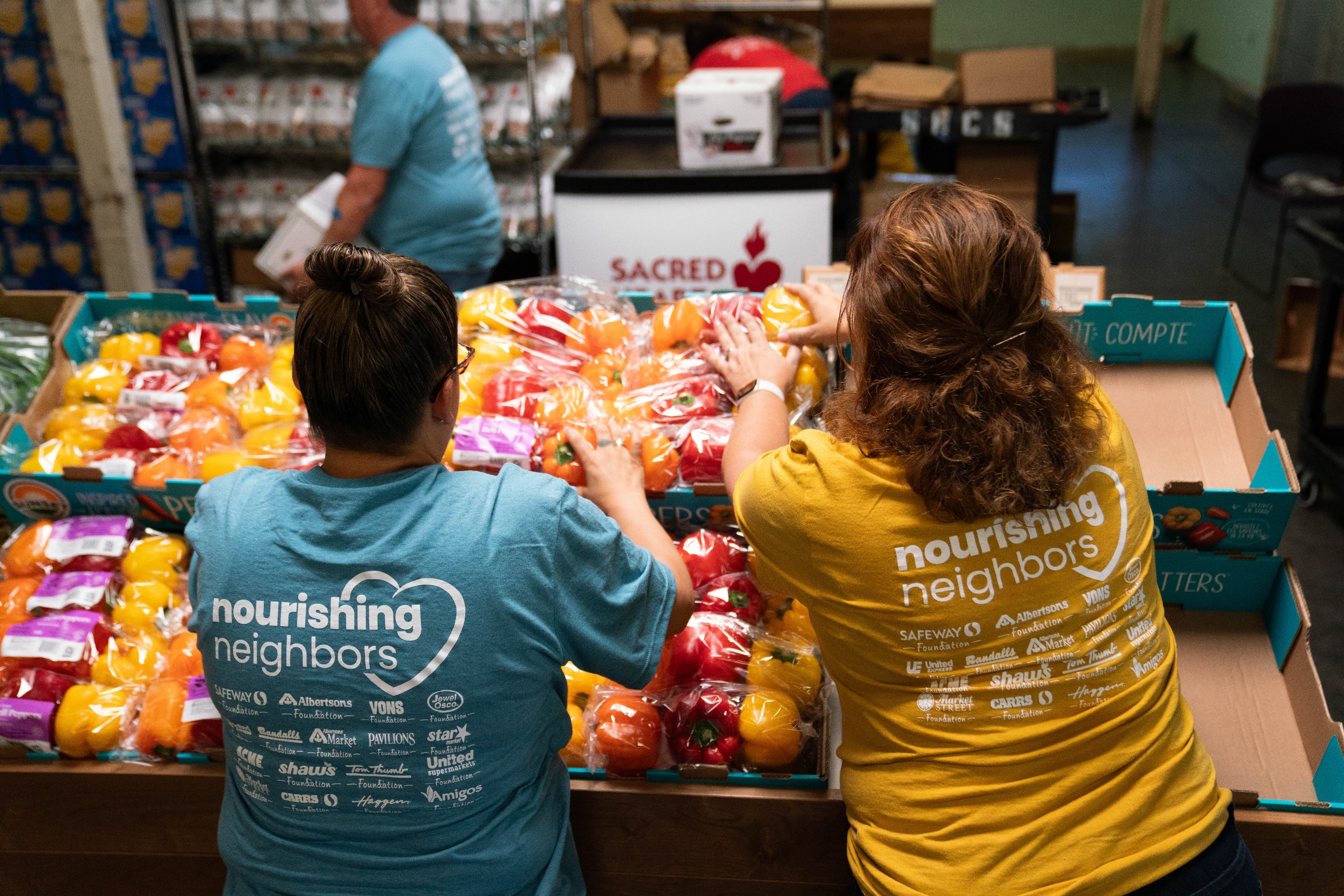 Reflecting on 2025: A Year of Impact, Innovation and Hope from Albertsons Companies Foundation and Nourishing NeighborsAs we step into a new year, we pause to celebrate the incredible progress we’ve made together in 2025 through the Albertsons read more...
Reflecting on 2025: A Year of Impact, Innovation and Hope from Albertsons Companies Foundation and Nourishing NeighborsAs we step into a new year, we pause to celebrate the incredible progress we’ve made together in 2025 through the Albertsons read more... -
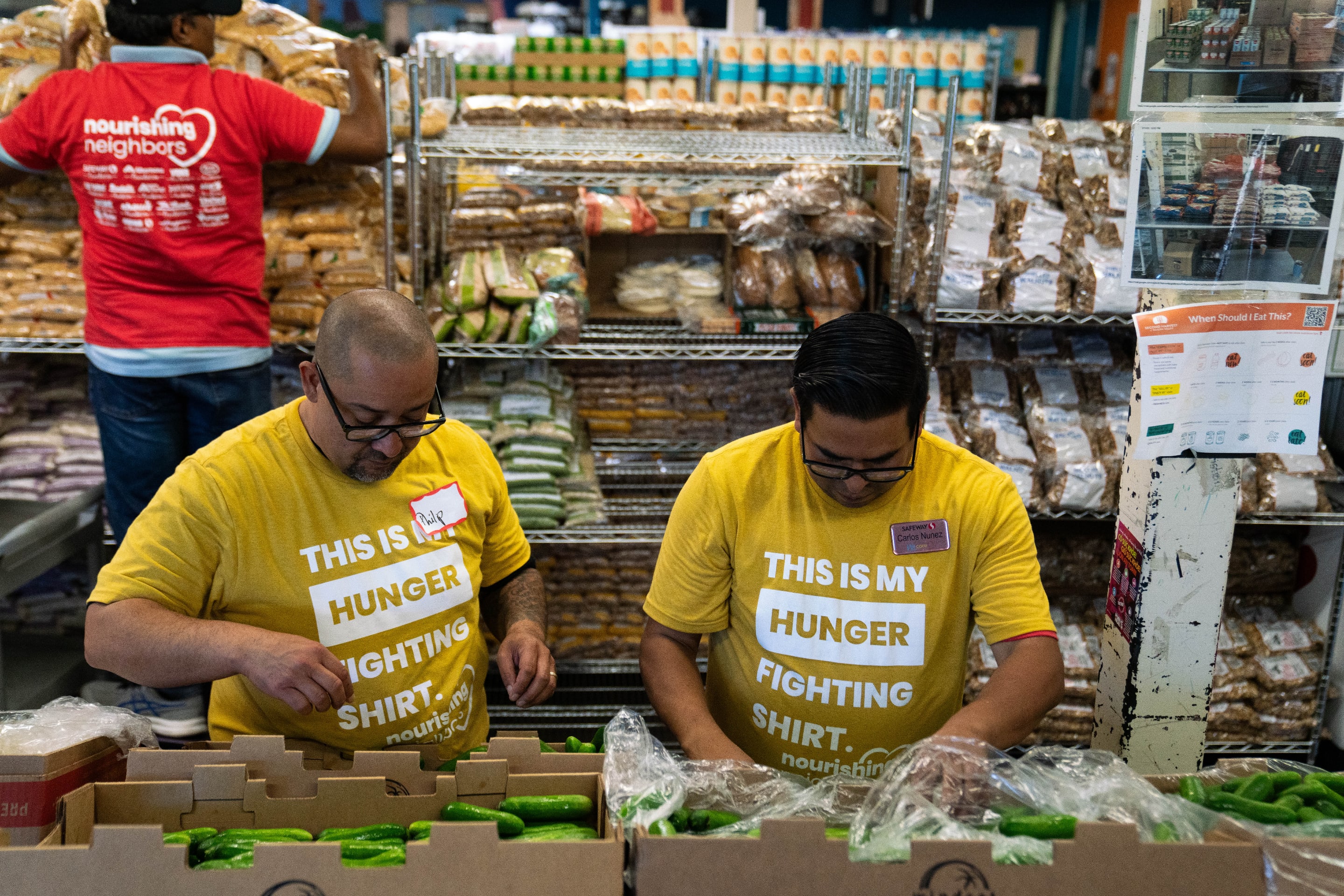 Nourishing Neighbors and Albertsons Companies Customers Raise Over $4.9 Million During Hunger Action MonthAlbertsons Companies, in partnership with the Albertsons Companies Foundation and its charitable program Nourishing Neighbors, read more... Local Stories of Impact
Nourishing Neighbors and Albertsons Companies Customers Raise Over $4.9 Million During Hunger Action MonthAlbertsons Companies, in partnership with the Albertsons Companies Foundation and its charitable program Nourishing Neighbors, read more... Local Stories of Impact -
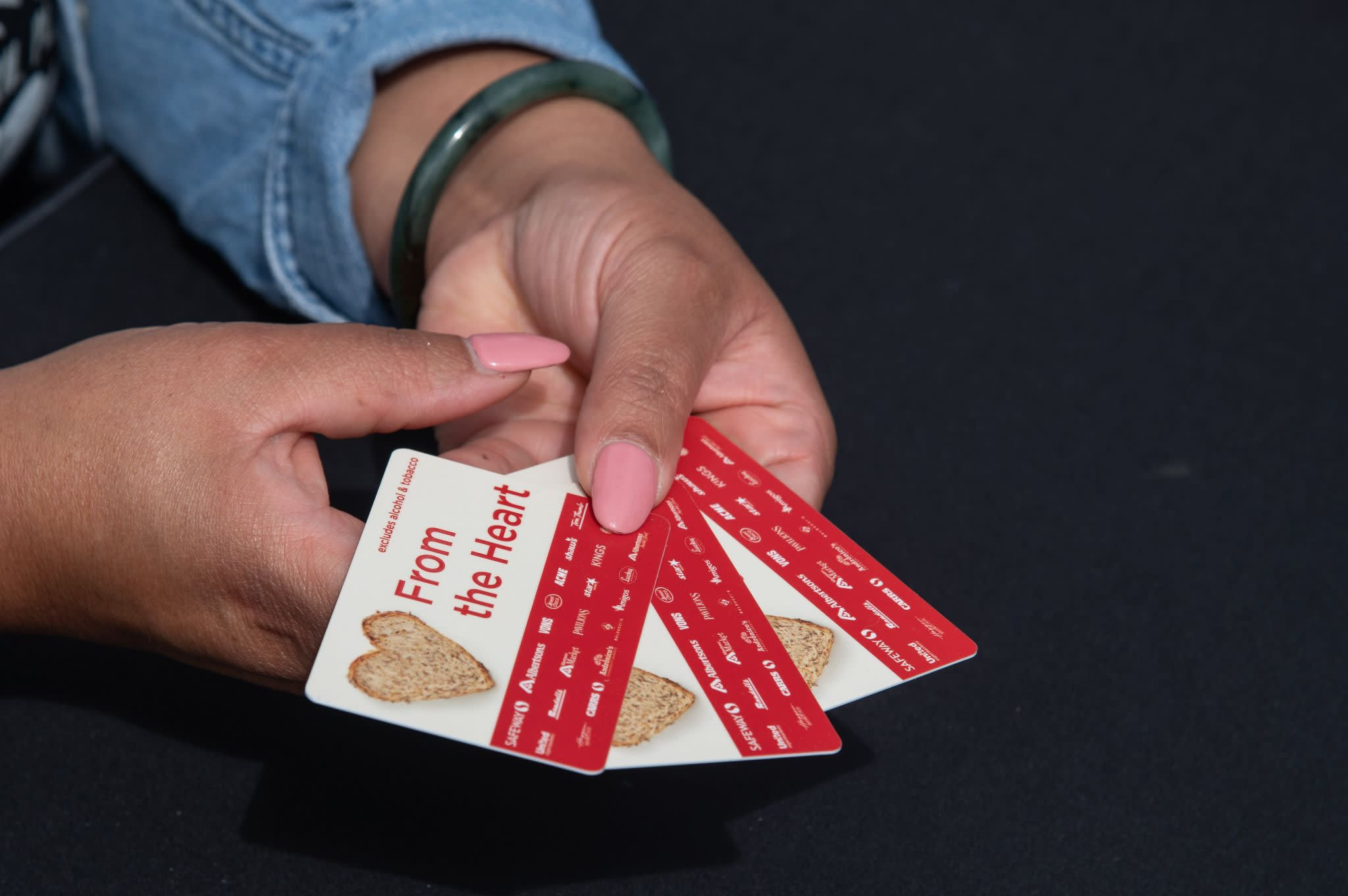 Albertsons Companies Accelerates $13 Million in Holiday Gift Cards to Community FoodbanksAlbertsons Companies, in partnership with the Albertsons Companies Foundation and its charitable program Nourishing Neighbors, read more... Local Stories of Impact
Albertsons Companies Accelerates $13 Million in Holiday Gift Cards to Community FoodbanksAlbertsons Companies, in partnership with the Albertsons Companies Foundation and its charitable program Nourishing Neighbors, read more... Local Stories of Impact